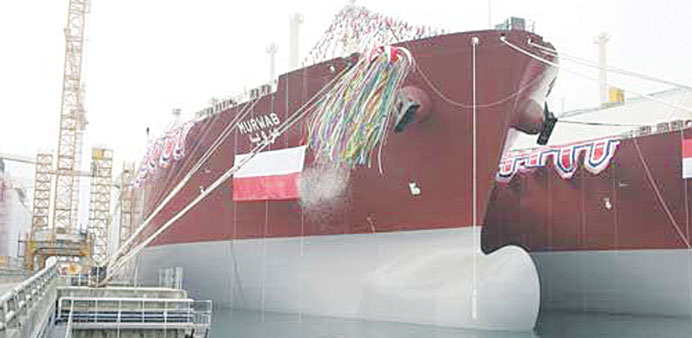|
|
Qatar, which enjoys the “highest” sovereign ratings in the Middle East and “sound” external position, has the lowest break-even oil price in the Gulf region, according to global credit rating agency Moody’s.
Qatar’s vast oil and gas resources, robust non-hydrocarbon growth, a high per capita income, and persistent surpluses in fiscal and external accounts support its highest sovereign ratings, Moody’s said in a latest note.
The country’s ‘Aa2’ foreign and local-currency government bond ratings stand along with similar ratings of Kuwait (‘Aa2’ stable) and the UAE (‘Aa2’ stable).
Credit strengths are derived from the monetisation of Qatar’s extensive oil and gas reserves, resulting in an exceptionally high GDP (gross domestic product) per capita and robust external payments position, it said.
Highlighting that the surge in hydrocarbon receipts in recent years has further strengthened government finances, it said Qatar’s fiscal breakeven oil price remains amongst the lowest in the GCC (Gulf Co-operation Council) despite a large step-up in spending that has been driven in part by capital spending on infrastructure development.
Credit support also comes from the government’s offshore financial assets which likely provide a considerable cushion to absorb oil price risks, it said, adding the country’s external position is sound, reinforced by a track record of current account surpluses.
Credit challenges include the public sector’s gross debt burden which has climbed sharply in recent years, when taking into account the debt of state-owned enterprises, it said.
Qatar’s rating is also constrained by shortcomings in transparency with regards to the size and composition of the government’s assets.
Moreover, Qatar shares with the other GCC countries a “moderate” degree of geopolitical event risk arising from regional and global tensions vis-à-vis Iran.
Downside risks to the stable outlook relate to the economy’s correlation to commodity cycles, although Qatar’s low external break-even oil price means that its external position would be resilient to a short-term oil price shock.
Domestic politics remain “stable” with a smooth transition of power in June 2013, which saw HH the Father Emir Sheikh Hamad bin Khalifa al-Thani transfer power to his son HH Sheikh Tamim bin Hamad al-Thani, the current ruler.

